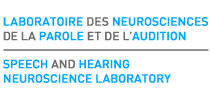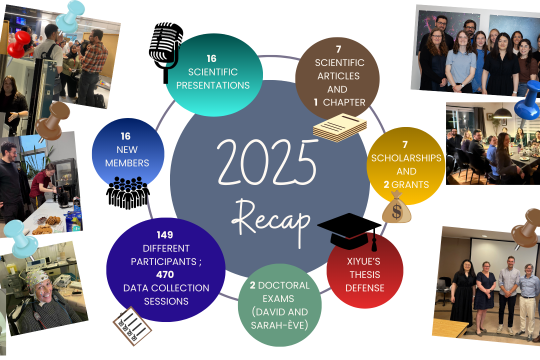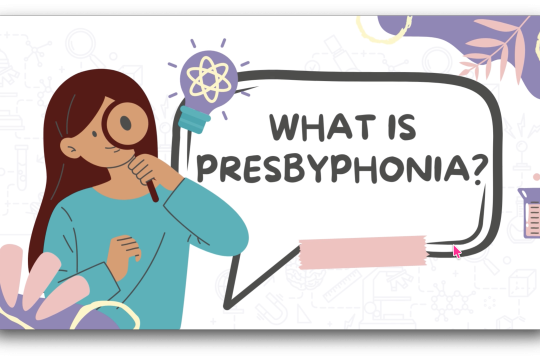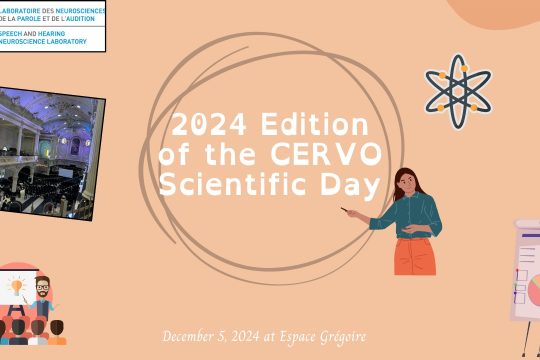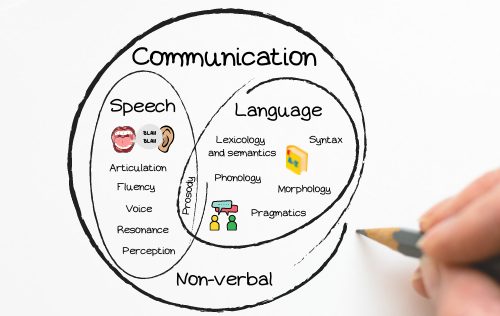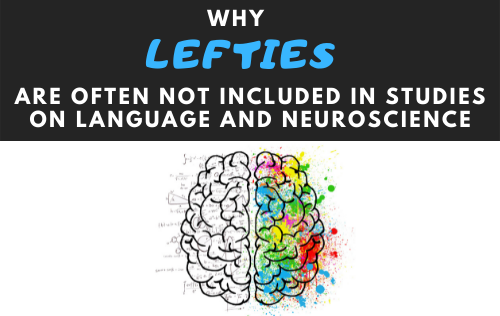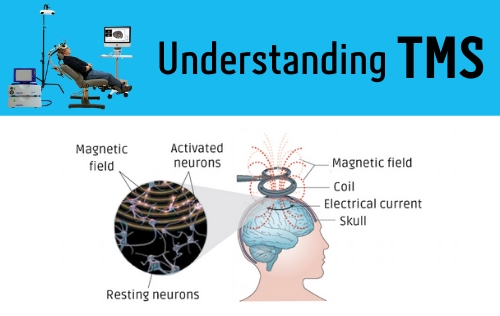Our objective is to understand the biological and neurobiological mechanisms that support the ability to communicate verbally, that is, to perceive and produce speech and voice, which are important building blocks of social interactions, and to use these skills to communicate efficiently is social contexts. The laboratory also aims to identify the factors that affect communication in aging, including cognitive aging, presbycusis and brain aging, and their impact on social interactions and communication-mediated activities. Finally, we aim to understand the factors that can positively affect communication in both normal and pathological aging, such as singing and voice training. Discovering the beneficial impacts of singing on speech, voice and cognition, and understanding the neuroplastic mechanisms that underlie these protective effects is key to developing and promoting ways to alleviate the negative impacts of aging on communication, social interactions and social participation.

and Hearing
Neuroscience Laboratory

and Hearing
Neuroscience
Laboratory

and Hearing
Neuroscience Laboratory

and Hearing
Neuroscience Laboratory

and Hearing
Neuroscience Laboratory
Speech and Hearing Neuroscience Laboratory
At the Speech and Hearing Neurosciences Laboratory, led by Pascale Tremblay, Ph.D., we study the cognitive neuroscience of human communication using an interdisciplinary approach
To achieve our goals, we study the anatomy and functioning of the brain using state-of-the-art cognitive neuroscience research methods such as functional, diffusion and anatomical magnetic resonance imaging as well as transcranial magnetic stimulation (TMS) and electroencephalography (EEG). We also use modern behavioural and physiological approaches, such as facial electromyography (recordings of muscle activity), measures of facial muscle force and endurance, respiration patterns, speech errors and acoustics, to study articulation and voice mechanisms and to understand how these mechanisms evolve over the lifespan.
Interested in joining us for a research internship, a master or a doctoral degree, or a postdoctoral fellowship?
Contact Dre Pascale Tremblay to discuss possibilities.
